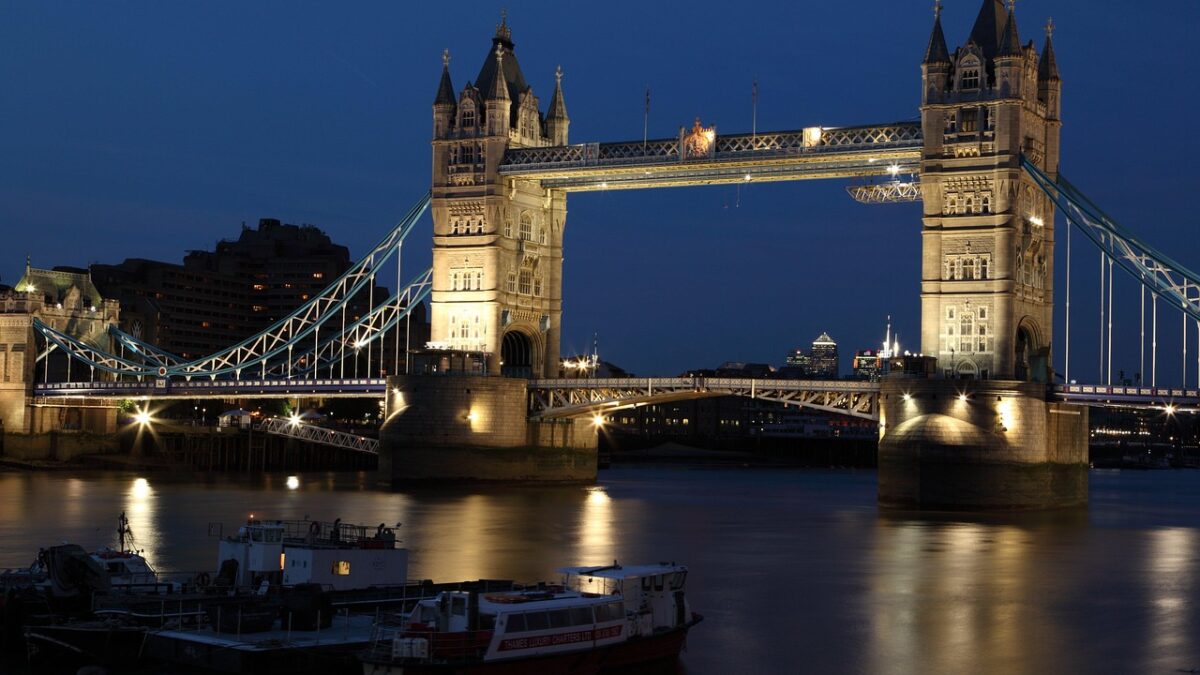
Speed Reading for Legal Minds: Work Smarter, Not Harder!
May 15, 2025
The Major Changes in Employment Rights in the UK
May 16, 2025Article by Nisha Rikhi
In recent weeks, a two-part documentary about Thames Water has aired on television. The documentary was shocking, and it showed just how poorly Thames Water has been performing over the last year.
Thames Water needs to be renationalised as a matter of urgency. The senior leaders at Thames Water have proved that they are utterly unfit to manage a public utility. The documentary showed that the senior leaders were unable to act in a decisive manner to reduce serious pollution incidents. One would have thought that if they knew they were responsible for serious pollution, they would have a credible plan to tackle and reduce these pollution incidents. It did not appear from what I saw on the documentary that there was a credible plan being acted on to achieve this. If the government does not wish to renationalise Thames Water, then there are several other actions that must be taken as a priority.
Ofwat needs to use its regulatory powers to stop all dividends from being taken out of Thames Water. Senior leaders at Thames Water admitted live on national television that the company had ‘categorically underinvested’. It is clear that the company has been paying dividends to shareholders instead of ensuring that the public sewage system is fit for purpose. The company should be using any profit left over, after paying employees, to reinvest in the company’s infrastructure. That means building new sewage plants or increasing the capacity of the ones they already have. Investing in equipment so their staff can do their work properly. Repairing or replacing vital equipment at sewage treatment works when it breaks down. This is not difficult. Yet despite mounting public pressure and continual fines for poor performance, the company appears unable to do this in any meaningful way.
The Environment Agency needs to take much stronger enforcement action against Thames Water. Over the course of the documentary, it became clear that Thames Water has repeatedly failed to prevent or mitigate pollution incidents. There is now compelling evidence that Thames Water is responsible for several major pollution incidents that have led to direct harm to wildlife and have dangerously contaminated stretches of the River Thames. People are so concerned about the water quality of the Thames that private citizens now test it on a daily basis to check if it is safe. The Henley-on-Thames Regatta was beset by water pollution and water safety concerns. It is simply unacceptable that people who want to use the river for swimming, rowing and other water sports have to be concerned about getting seriously ill as a result of simply being in the river. Thames Water is responsible for this, as it has released untreated sewage into the river. This sewage contains E. coli and other dangerous bacteria, all of which can cause serious illness and death in wildlife and people. This is simply unacceptable. The Environment Agency must start prosecuting Thames Water for its failure to comply with its legal obligations to not dump sewage in the River Thames.
Both Ofwat and the Environment Agency need to act to protect customers. Customers should not be paying higher bills simply so water companies can dig themselves out of the mess they created. Customers should only pay for the services they receive. Ofwat should require Thames Water to refund its customers all the money they paid for the processing and cleaning of sewage. It is quite clear from the documentary that customers have been, and are still, paying for a service that they have not received. This is ridiculous. Under the Consumer Rights Act 2015, companies have the obligation to provide services that are as described, fit for purpose and of merchantable quality. Obviously, Thames Water has not been providing its customers with a sewage processing service that is anything like what they would reasonably expect. It could be argued that the continued discharge of untreated sewage into the River Thames means that the sewage service Thames Water is providing is in fact unfit for purpose.
Ofwat and the Environment Agency need to use the legal powers at their disposal to force Thames Water to comply with its discharge permit. In fact, they should go further. The Environment Agency should require Thames Water to radically increase its investment in its sewage system and infrastructure, and use company profits to do so. Ofwat should require Thames Water to withhold dividends from shareholders and cease paying bonuses to senior leaders until the company stops discharging sewage into Britain’s rivers and seas. If Thames Water shareholders and senior leaders are required to accept the financial responsibility for the company’s failures, maybe the company will start to take their responsibilities seriously and act to improve their performance.
Overall, it is clear that the government must take urgent action to bring Thames Water to account. The easiest solution would be to renationalise Thames Water in its entirety and make it a publicly-owned, publicly-run utility provider. If the government does not wish to renationalise Thames Water, then it must take steps to ensure that the Environment Agency and Ofwat have the power to fine and prosecute Thames Water for breaching its discharge permit and stop the company from paying out dividends when they should be spending their profits on infrastructure investment. If Thames Water cannot or will not improve its performance and reduce its pollution of the River Thames, then ultimately the government may have no choice but to renationalise this broken water provider.





